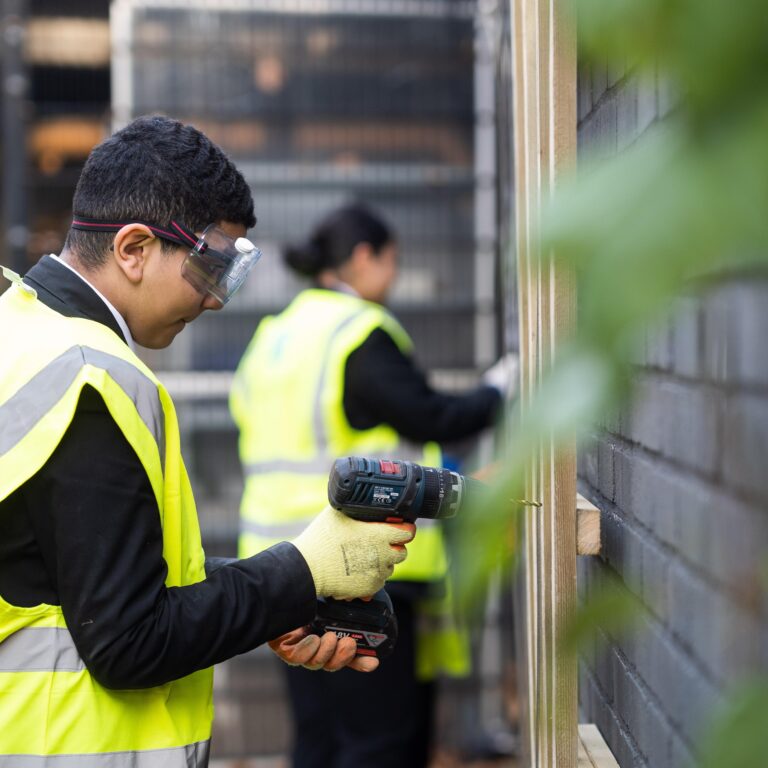Course content
The course allows you to develop your understanding of events often studied at GCSE and the historical skills you have honed during Year 10 and 11.
At A-Level you study:
- Germany and West Germany 1918- 1989 (Examined Unit)
- Spain, 1930-78: republicanism, Francoism and the re-establishment of democracy (Examined Unit)
- Protest, Agitation and Reform in Britain 1780-1928 (Examined Unit)
- The development of the Cold War


